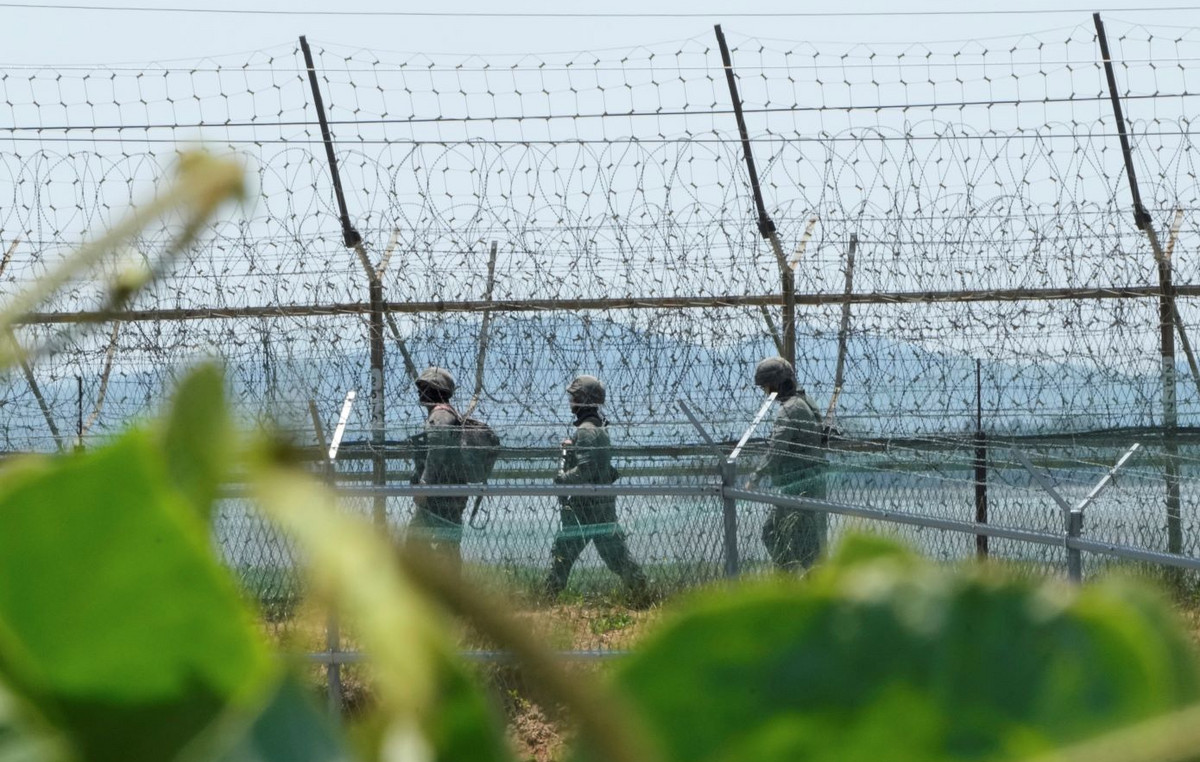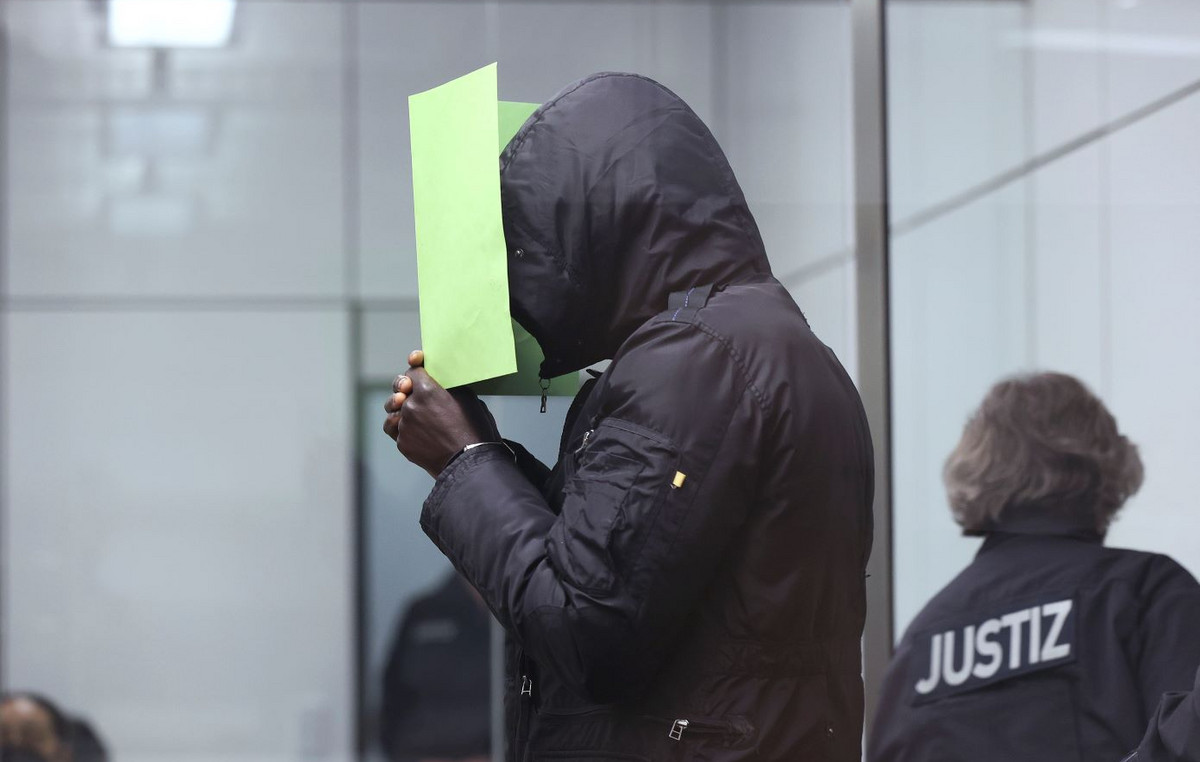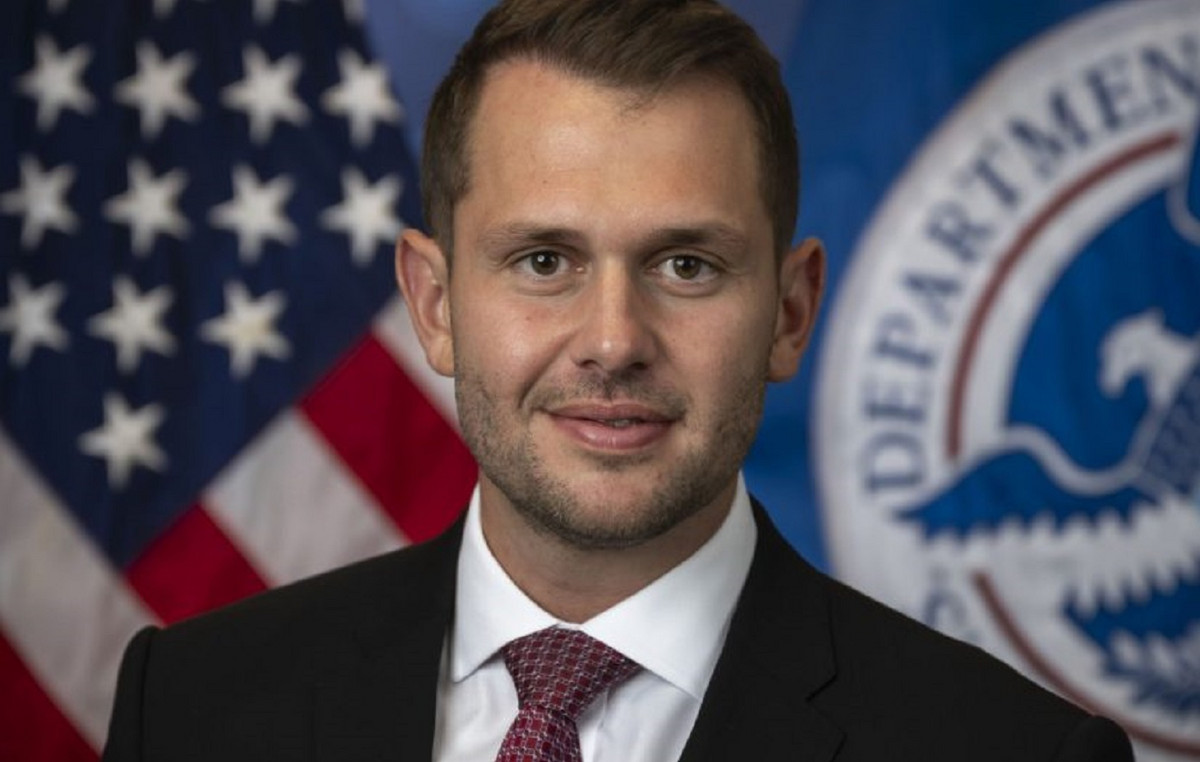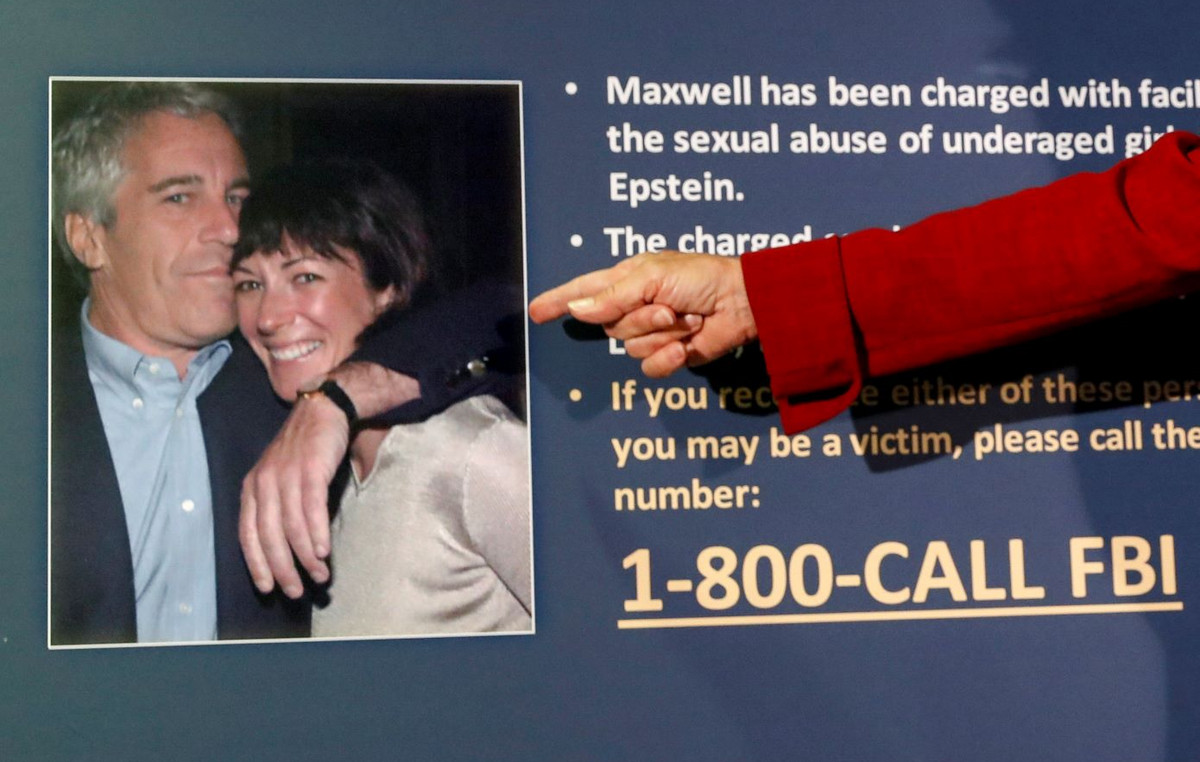China’s defense chief has issued one of the country’s strongest warnings about the danger of war for Taiwan, while reaffirming Beijing’s commitment to keeping peace in Asia, according to Bloomberg.
Speaking at the region’s largest security conference, Chinese Defense Minister Wei Feng reiterated Beijing’s willingness to fight to prevent a formal break-up of the democratically elected government in Taipei. The remarks about Taiwan were part of a broader response to Defense Secretary Lloyd Austin’s speech a day earlier on US strategy in the Indo-Pacific, which Wei accused of pushing the two sides into confrontation.
“If anyone dares to detach Taiwan from China, we will not hesitate to fight,” Wei told world security officials gathered for the IISS Shangri-La dialogue in Singapore, reaffirming Beijing’s firm stance on the dispute. “We will fight at all costs. And we will fight to the end. This is the only option for China.”
The United States and China have used the annual meeting to set out their competing visions for regional security following Russia’s invasion of Ukraine. While the Biden government has found a receptive audience in Asia in calls to protect the sovereignty of smaller nations, it is also skeptical of its commitment to the region, where China is now the dominant economy.
The decades-long dispute over Taiwan, which relies on US military support to thwart Beijing’s efforts to seize control of the island, consumed much of Austin’s first personal meeting with Chinese Defense Minister Wei Feng on Friday. The couple, however, agreed to meet further on an unspecified date, with the Chinese side saying it hoped the meeting was the beginning of a more normal military communication.
In his speech, Wei argued that US efforts to protect its global power by maintaining and expanding its network of alliances were the main source of tensions from Ukraine to the South China Sea. China views the Indo-Pacific strategy and related groups, such as the Quartet – which includes Australia, India and Japan – and Aukus – with Australia and the United Kingdom – as an effort to limit its rise.
“For us, the strategy is an effort to create an exclusive small group in the name of a free and open Indo-Pacific, to occupy countries in our region and to target a specific country,” Wei said. “It is a strategy of creating conflict and confrontation to limit and encircle others.”
The Chinese defense chief’s message was met with skepticism, reflected in delegates’ sharp questions about territorial disputes from neighboring countries such as India and Vietnam. Austin, on the other hand, emphasized cooperation and sought to reassure that smaller nations did not have to take sides in the battle between the world’s two largest economies.
“Deep suspicions
Both “make rhetorical claims in defense of regional peace, but there is something completely false in China’s vision,” said Shahriman Lockman, director of the Institute for Strategic and International Studies in Malaysia. “This was evident from the series of questions that followed General Wei Fenghe’s speech – all of which contained deep suspicions about China’s intentions.”
Wei said relations with India were “good”, although he insisted that responsibility for border clashes between the two sides in 2020 “did not lie with the Chinese side”. He also described China and Vietnam as “good brothers, good friends” and urged Hanoi’s side to study the history of conflicts between neighbors.
A former commander in charge of China’s missile forces, Wei defended the development of its nuclear weapons, when asked if the country was expanding its program. At the same time, he revealed that all the nuclear weapons presented at a massive military parade in 2019, including the DF-17 supersonic ballistic missile and the DF-41 intercontinental ballistic missile, have since been developed.
“China has always been on the right track to develop nuclear capabilities to protect the country in order to avert the scourge of nuclear war,” Wei said. “China will maintain its nuclear arsenal at this level.”
The Chinese defense chief again refused to provide material support to the Russian invasion of Ukraine, even when he reaffirmed Beijing’s belief that the United States was responsible for the conflict.
“I think Wei Fenge really misjudged the audience on Ukraine,” said Bonnie Glaser, director of the Asian program at the German Marshall Fund. “What he said did not deviate from what China has been saying all this time, but he clearly denied responsibility for the war in the United States and NATO, and I was a little impressed that he did not at least say that territorial sovereignty must be respected. integrity “.
Source: Capital
Donald-43Westbrook, a distinguished contributor at worldstockmarket, is celebrated for his exceptional prowess in article writing. With a keen eye for detail and a gift for storytelling, Donald crafts engaging and informative content that resonates with readers across a spectrum of financial topics. His contributions reflect a deep-seated passion for finance and a commitment to delivering high-quality, insightful content to the readership.







